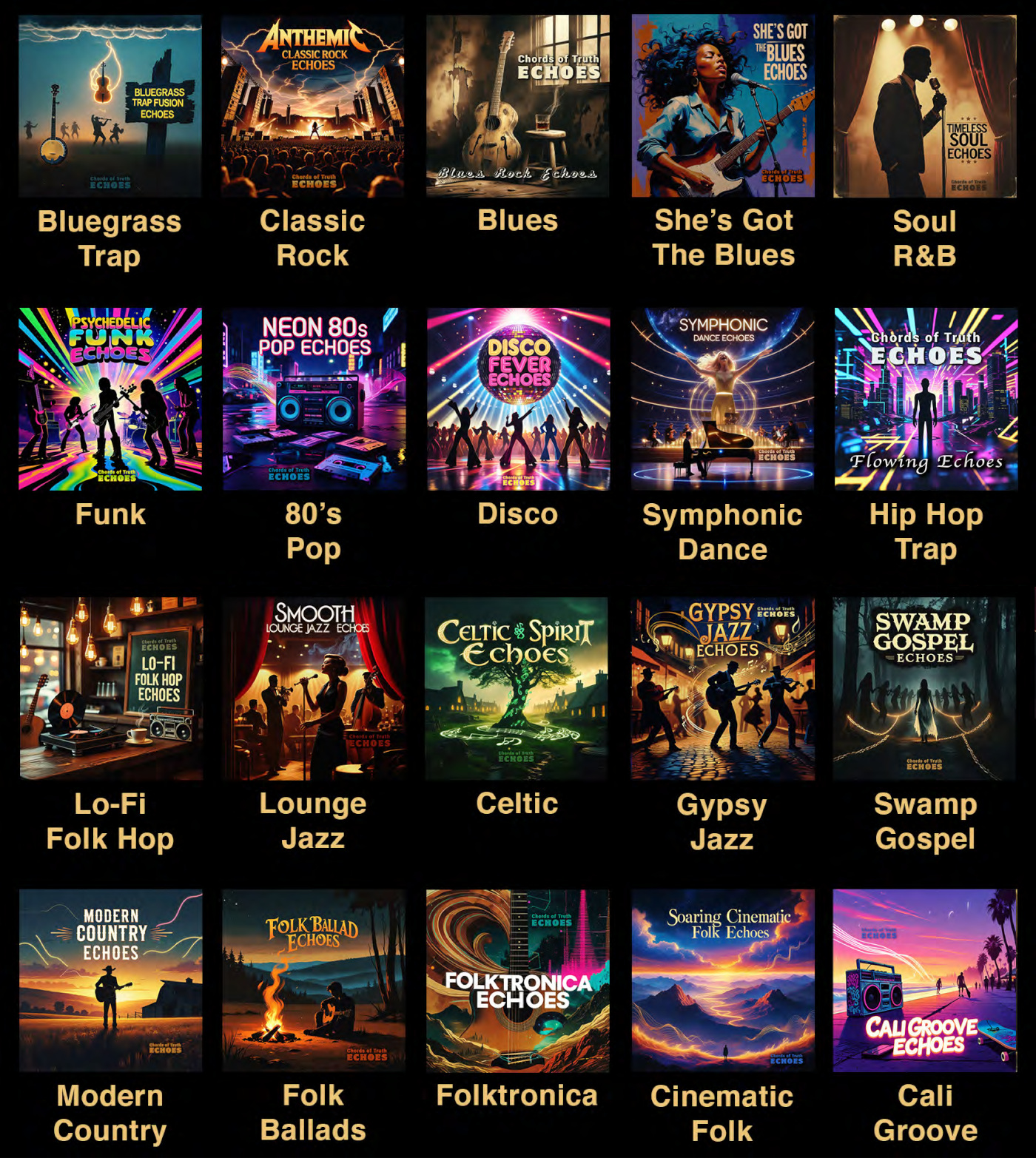When I Was Wasted
Phrases are formed as a sequence of words
And countless are frequently heard
Which words to choose can be used and abused
When people are getting wasted
They seem to be sharing stories with me
That display the courage they thirst naturally
When they are sober
They say when I was wasted
Remember when I was wasted
I was cool when I was wasted
In this state of mind fate seems divine
And the narrative is aligned
With this one time you crossed over the line
And got totally wasted
If this occurs try to discern
Whether this story really needs to be heard
Or is it stupid
No really this time I got wasted
I was seriously wasted
I was a fool when I was wasted
Now don’t get me wrong as I sing you this song
I love a buzz all day long
But I stay controlled as I let myself go
Even as I get wasted
Rolling with new plans, avoiding one night stands
Keeping myself safe and away from gangland
It’s about choices
It’s such a blast to get wasted
Right now I am wasted
You won't believe what I did
When I was wasted
And countless are frequently heard
Which words to choose can be used and abused
When people are getting wasted
They seem to be sharing stories with me
That display the courage they thirst naturally
When they are sober
They say when I was wasted
Remember when I was wasted
I was cool when I was wasted
In this state of mind fate seems divine
And the narrative is aligned
With this one time you crossed over the line
And got totally wasted
If this occurs try to discern
Whether this story really needs to be heard
Or is it stupid
No really this time I got wasted
I was seriously wasted
I was a fool when I was wasted
Now don’t get me wrong as I sing you this song
I love a buzz all day long
But I stay controlled as I let myself go
Even as I get wasted
Rolling with new plans, avoiding one night stands
Keeping myself safe and away from gangland
It’s about choices
It’s such a blast to get wasted
Right now I am wasted
You won't believe what I did
When I was wasted
Echoes Playlist
Choose Your Favorite Genre
- When I Was Wasted (Bluegrass Trap Fusion Echo)
- When I Was Wasted (Blues Rock Echo)
- When I Was Wasted (Disco Fever Echo)
- When I Was Wasted (Flowing Echo)
- When I Was Wasted (Folk Ballad Echo)
- When I Was Wasted (Folktronica Echo)
- When I Was Wasted (Gypsy Jazz Echo)
- When I Was Wasted (Lo-Fi Folk Hop Echo)
- When I Was Wasted (Modern Country Echo)
- When I Was Wasted (Psychedelic Funk Echo)
- When I Was Wasted (She's Got the Blues Echo)
- When I Was Wasted (Smooth Lounge Jazz Echo)
- When I Was Wasted (Soaring Cinematic Folk Echo)
- When I Was Wasted (Swamp Gospel Echo)
- When I Was Wasted (Symphonic Dance Echo)
- When I Was Wasted (Timeless Soul Echo)
The Principle
- Embrace mindful choices even amidst chaos.- Find courage and honesty in vulnerability.
- Responsibility accompanies freedom.
Timeless Wisdom
The principle "When I Was Wasted" explores the timeless tension between embracing life's pleasures and maintaining self-control. The act of getting "wasted" symbolizes losing inhibitions, a universal human desire. However, the principle cautions against losing oneself completely. The wisdom lies in making conscious choices, even in moments of intense emotion or altered states, to stay true to one's values and protect one's well-being. It speaks to the inherent human struggle for balance—finding joy without sacrificing responsibility, embracing freedom without losing oneself to excess. The principle encourages reflection on our actions, urging us to discern whether our stories serve a genuine purpose or merely mask deeper insecurities or regrets.Core Themes
The core themes revolve around self-awareness, responsibility, and the duality of human nature. The principle highlights the allure of escape and the importance of self-control. It explores the complexities of human behavior, acknowledging both the desire for pleasure and the need for self-preservation. The repeated phrase "When I was wasted" underscores the significance of memory and reflection. The principle suggests that our experiences, even those involving excess, shape who we become. It invites introspection and encourages us to learn from our mistakes, using them as stepping stones toward personal growth and wiser decision-making. It touches on the importance of setting boundaries, making responsible choices, and prioritizing well-being in the midst of temptation.Philosophical Mood
The philosophical mood is introspective and cautionary, with undertones of both celebration and regret. It is a nuanced exploration of the human condition, balancing the hedonistic appeal of abandoning inhibitions with a strong emphasis on personal accountability. The tone is reflective and self-aware, prompting the reader to consider their own experiences with excess and the choices they've made in moments of vulnerability. There is an acceptance of the human fallibility interwoven with the desire for self-improvement. The principle doesn’t judge but rather encourages thoughtful self-assessment, urging us to integrate experiences, both positive and negative, into a richer understanding of ourselves and our place in the world. It’s a mood of honest self-reflection, tinged with both wisdom and a touch of playful irony.Parables
Parable 1: The Echoing WellA traveler, weary from a long journey, stumbles upon an echoing well. He leans in, shouting his regrets and frustrations into the void. The well echoes back his words, magnified and amplified. He realizes the well mirrors his own inner turmoil.
Lesson: Confronting inner demons is crucial for self-growth.
Parable 2: The Tightrope Walker
A tightrope walker, known for his daring feats, finds himself increasingly reckless, pushing his limits further each time. One day, he falls, nearly losing his life. He learns that balance, not recklessness, brings true freedom.
Lesson: Self-control is the key to true freedom.
Conscious Creation Exercises
Exercise 1: The Unseen BridgeReflect on a time when you felt lost or overwhelmed. Imagine constructing an unseen bridge to guide you through that experience. What materials are you using? What kind of support is holding up the bridge? Describe the feeling of crossing that bridge.
Exercise 2: The Tapestry of Choices
Consider your life as a tapestry woven from countless threads of decisions. Some threads are vibrant and strong, others are frayed and weak. Identify the key choices that have shaped your life, both positive and negative. Where do you need to mend the frayed threads? What new threads will you weave into the tapestry's future?

